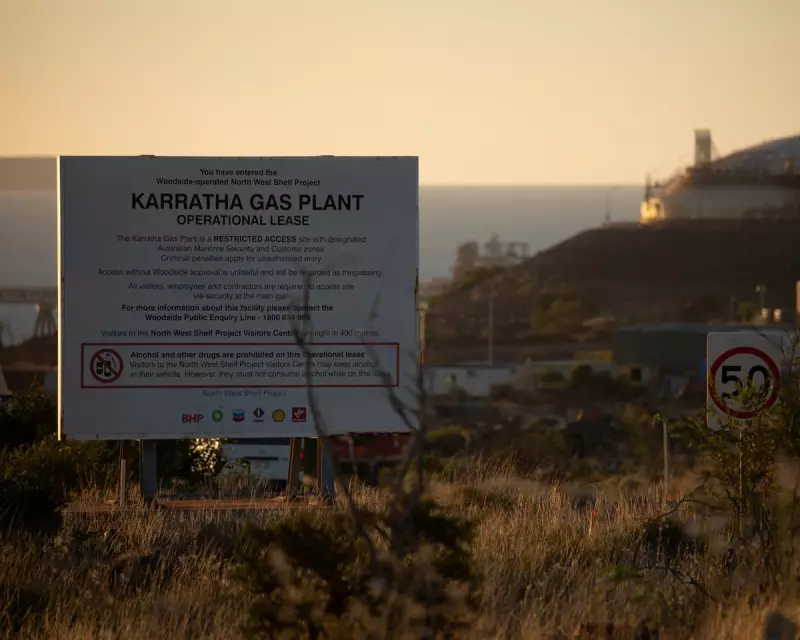
In a landmark decision that pits economic interests against cultural preservation, Australia's North West Shelf gas project has been granted a staggering extension, securing its operations until 2070. The controversial move includes what federal Environment Minister Tanya Plibersek describes as "the strongest possible protections" for the sacred Murujuga rock art, but traditional owners remain deeply unconvinced.
The Deal That's Dividing a Nation
Woodside Energy, the project's operator, will implement a comprehensive suite of measures under the extension. These include establishing a 24-hour air quality monitoring station, creating an independent advisory body, and investing A$30 million annually in environmental initiatives. The company must also develop a detailed plan to achieve net-zero emissions by 2050.
"This approval is subject to the strongest conditions ever applied to a project of this kind," Minister Plibersek stated, emphasising the government's commitment to protecting the area's "exceptional cultural and natural values."
Ancient Art Versus Modern Industry
At the heart of the controversy lies the Murujuga cultural landscape, home to over one million petroglyphs—some dating back more than 40,000 years. This extraordinary collection represents the world's largest and oldest outdoor art gallery, documenting millennia of human history and environmental change.
Traditional custodians and scientific experts argue that industrial emissions from the gas project are causing irreversible damage through acid formation, which slowly dissolves the rock surfaces and erases these ancient narratives.
A Hollow Victory for Traditional Owners
Raelene Cooper, a Mardudhunera woman and former chair of the Murujuga Aboriginal Corporation, expressed profound disappointment: "The extension of Woodside's licence is a devastating blow. It feels like our cultural heritage is being sacrificed for economic gain."
Despite the new protections, many fear the measures fall short of what's needed. The approved emissions levels still exceed what some scientists consider safe for the preservation of the rock art, leaving traditional owners feeling their concerns have been overlooked.
The Climate Change Dimension
Environmental groups have condemned the decision as fundamentally incompatible with Australia's climate commitments. The extension of such a significant fossil fuel project directly contradicts international efforts to limit global warming to 1.5°C above pre-industrial levels.
With the project now set to operate for nearly another half-century, the decision represents a significant setback for climate action advocates and raises serious questions about Australia's transition to renewable energy.
As the dust settles on this contentious approval, all eyes will be on Woodside's implementation of the new conditions and the ongoing monitoring of the Murujuga rock art's condition. The world watches as Australia balances its economic ambitions against its responsibilities to cultural preservation and environmental stewardship.





